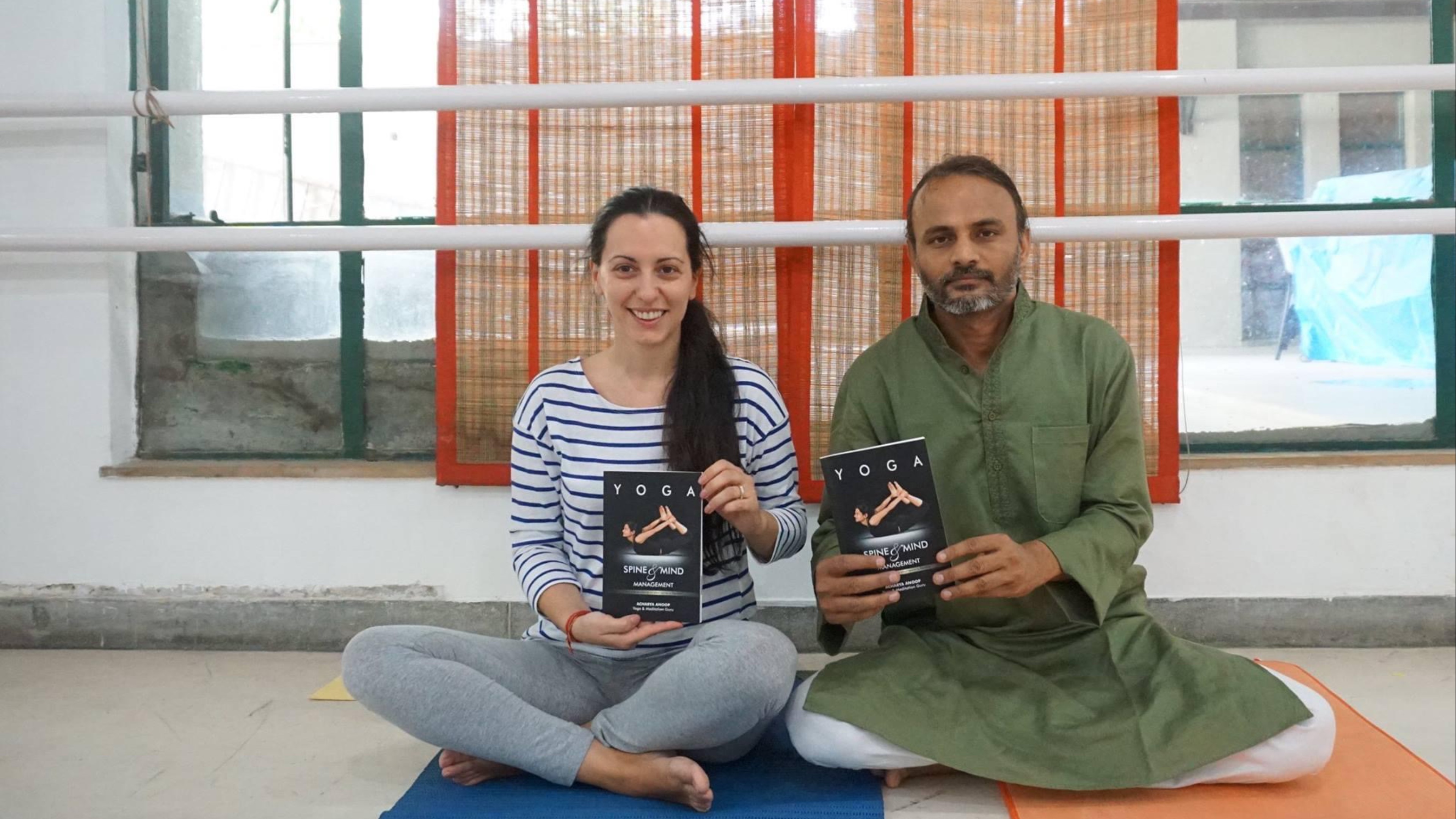
Vata Imbalance People !
1 year ago By Yogi AnoopWhy Do Religious People Suffer from Vata Imbalance?
“Vata Imbalance and Mental Fatigue: Are Your Thoughts Becoming a Burden?”
You say that you are a religious and sattvic person, yet you suffer from Vata imbalance. You’ve mentioned that you eat simple foods like lentils, bread, and vegetables, and avoid garlic and onions. For you, sattvic living means a life where desires are limited, and the scope of needs is very small.
Even then, why do people like this, who are sattvic and religious, still experience Vata imbalance? In my view, the reason is that you tend to repeatedly dwell on your beliefs and convictions excessively.
A religious person attempts to see God everywhere based on their beliefs and convictions — in animals, people, objects, in every entity. This is because they hold the notion that the Divine resides in everything. They try to project their beliefs onto the physical world around them. This mental exercise places an enormous burden on the mind.
When you impose your beliefs and convictions onto every entity, the mind has to exert unnecessary effort. Not just the brain but even the senses and subtle bodily systems have to work excessively. This action is unnatural, a kind of effort that is continually imposed on the mind because of the attempt to see God in every person, object, or creature.
Since this entire process is based purely on beliefs and convictions, the separation between the object and the Divine doesn’t dissolve. If it did — that is, if the object ceased to exist and only the Divine was visible — then the mind would find peace and satisfaction. However, practically, this distinction cannot dissolve. No matter how much you accept food as a form of the Divine, it doesn’t actually appear as God. If it did, how would you eat it? Would you eat God?
Thus, the duality and difference between the object and the Divine remain. This duality is the primary cause of mental fatigue. The more intense this duality becomes, the more dissatisfaction arises within, ultimately leading to an aggravated Vata imbalance. Dissatisfaction of the soul signifies Vata dosha.
In this duality, the fatigue of the mind, brain, body, and senses increases, leading to restlessness and all air-related imbalances.
Now, let’s understand the meaning of Vata and Vata imbalance: According to my experience, the core meaning of Vata is mobility, and Vata imbalance means excessive mobility — air that is supposed to remain confined within a particular space in the body but instead causes turbulence. This is Vata imbalance. In my view, unnecessary mental activities that offer little to no contentment contribute to Vata imbalance. When discussing Vata imbalance in religious individuals, I would say that in their quest to attain unity, they end up exhausting the mind’s energy in duality. Duality, in this sense, means not viewing an object as it is but interpreting it as something else entirely.
On the other hand, if we approach it from both a practical and spiritual perspective, experiencing the object as it is — for instance, food as food — then the unnecessary mental projection ceases. In this state, fatigue and the process of thoughts come to a natural end. The non-dual experience manifests. When viewed closely, no special reliance on beliefs and convictions is required in this practical and spiritual approach. Though life cannot move forward even for a moment without faith, practicality should not be dismissed.
For example, viewing an animal as an animal, a woman as a woman, a man as a man, a house as a house, or a mobile phone as a mobile phone doesn’t require much effort. There is no need to impose beliefs upon it or mentally visualize it as a divine power.
With this practicality, not only the mind and brain but every system of the body will enter a state of relaxation. The mental energy that was going into creating these mental projections will halt.
Recent Blog
Copyright - by Yogi Anoop Academy
